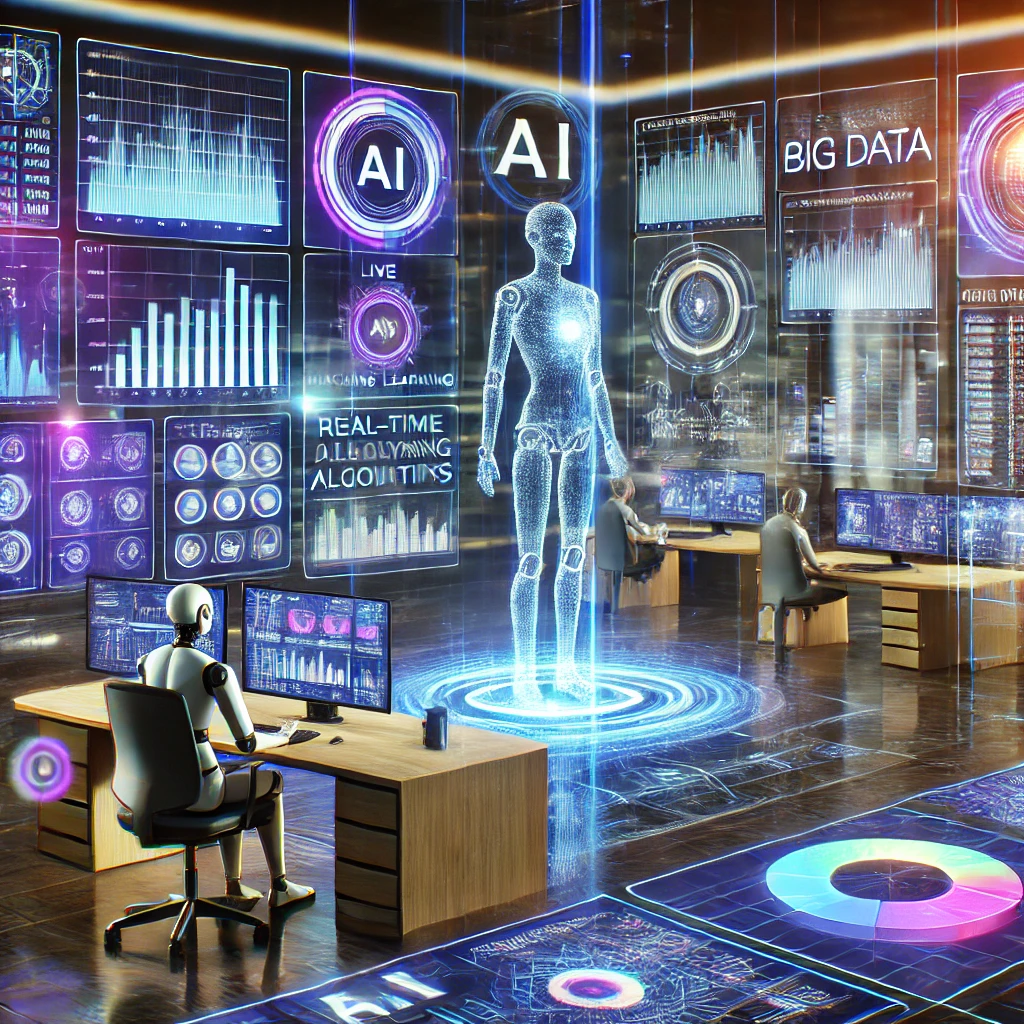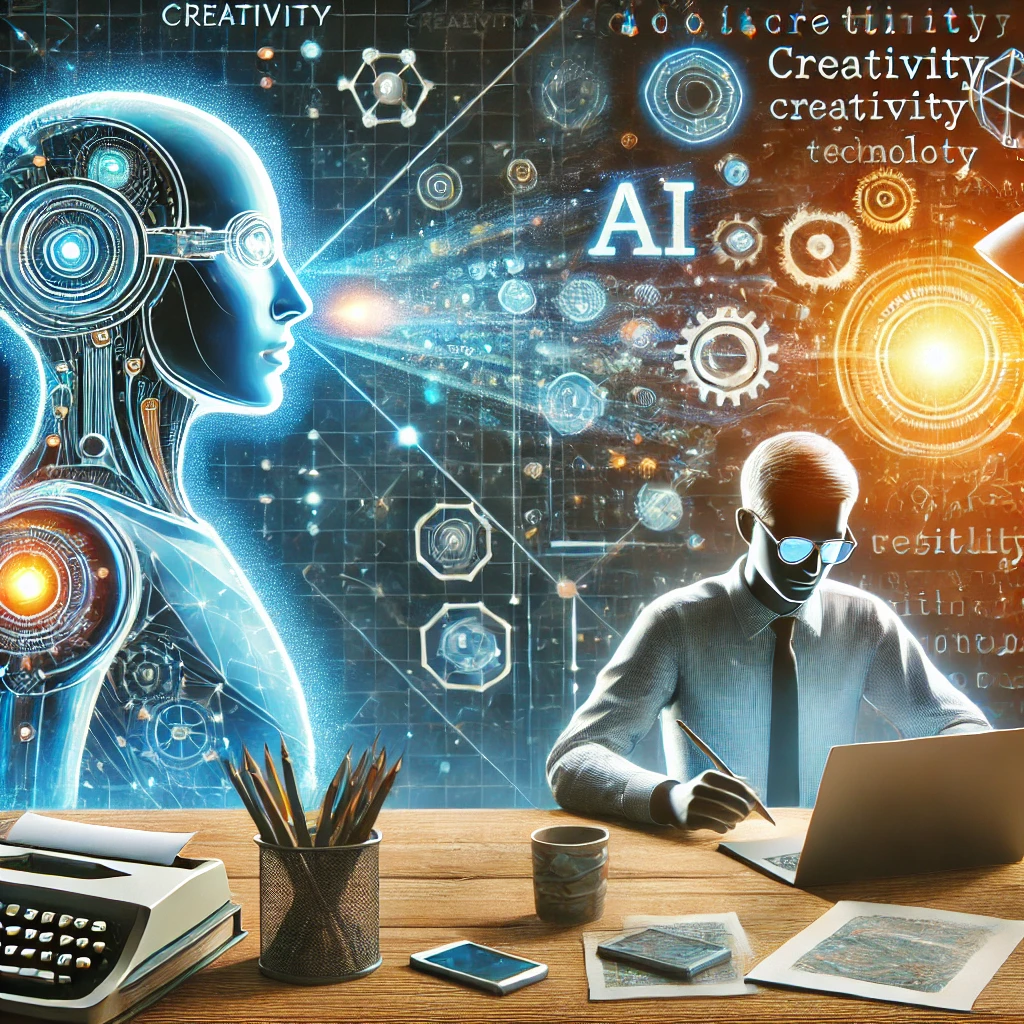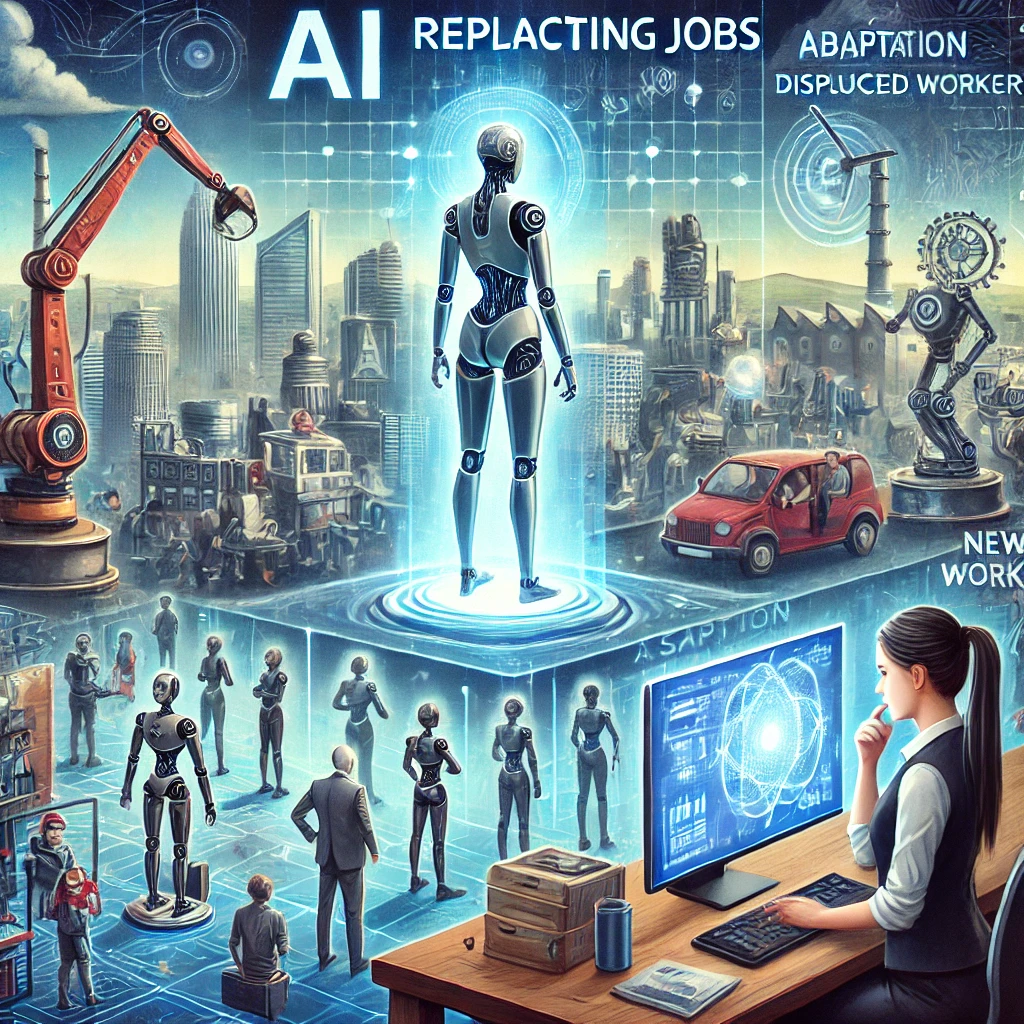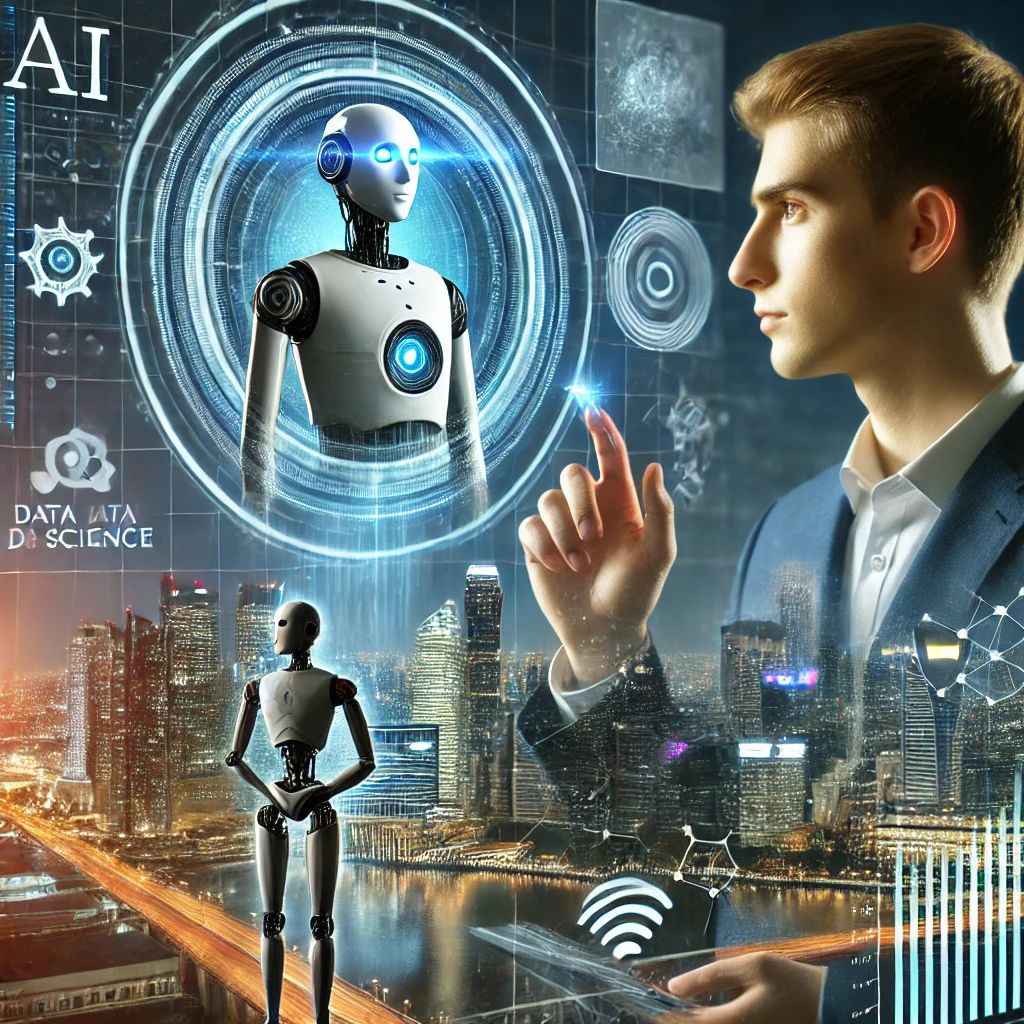Artificial Intelligence (AI) and Machine Learning (ML) are evolving at an unprecedented pace, reshaping industries and redefining possibilities. As we approach 2025, several key trends are emerging that promise to revolutionize the landscape of AI and ML career paths. Businesses and professionals must stay ahead of these trends to leverage new opportunities in the AI job market.
This article explores the most significant developments shaping AI career opportunities, machine-learning careers, and the AI job outlook for the coming years.
Table of Contents
ToggleThe Rise of Agentic AI and Autonomous Systems
One of the most anticipated developments is the emergence of agentic AI, a new generation of AI systems capable of autonomous decision-making and action. These agents are designed to perform tasks without human intervention, enhancing efficiency across various sectors.
- In healthcare, agentic AI can monitor patient vitals in real-time, predict potential health issues, and administer timely interventions.
- In finance, AI-driven systems can manage portfolios, execute trades, and optimize investment strategies autonomously.
- In manufacturing, AI-powered robotics are being used for predictive maintenance and quality control, reducing downtime and improving production efficiency.
As the AI and ML job opportunities expand, professionals with expertise in these fields will be in high demand.
Multimodal AI Models – The Future of Data Integration
Multimodal AI models, which process and integrate data from various sources such as text, images, and audio, are gaining traction. This integration allows for a more comprehensive understanding and analysis of information, improving applications in:
- Retail, where AI analyzes customer reviews (text), product images, and sales data to provide insights into consumer preferences.
- Autonomous vehicles, where multimodal AI processes visual, audio, and sensor data to enhance decision-making and safety.
- Marketing, where businesses use AI to personalize advertisements based on user behavior across multiple channels.
As these models become mainstream, professionals specializing in machine, learning career paths will be essential to develop and optimize these systems.
Key AI and ML Trends in 2025
- The shift to Small Language Models (SLMs) – Unlike large models, SLMs are efficient, cost-effective, and ideal for businesses with limited computing resources.
- AI-driven cybersecurity – Machine-learning algorithms proactively detect and prevent security threats, reducing data breaches.
- AI in corporate decision-making – Businesses use AI to analyze market trends and predict consumer behavior, optimizing strategies.
- Sustainable AI – Companies focus on energy-efficient AI models to reduce the carbon footprint of large-scale AI training.
- AI-powered job training and education – Adaptive-learning systems offer personalized AI-based training programs for professionals.
Case Study – AI in Personalized Education
Challenge
Traditional education models struggle to cater to diverse learning needs, leading to inefficiencies and gaps in knowledge retention. Students often receive generic instruction, which may not align with their learning styles.
Solution
Adaptive learning platforms powered by AI and ML job opportunities are revolutionizing education. These platforms analyze students’ performance, learning speed, and engagement levels, offering:
- Customized learning paths tailored to individual strengths and weaknesses.
- Real-time feedback and progress tracking, improving retention and mastery.
- AI-powered tutors, provide personalized support and answer student queries instantly.
As the demand for AI job roles in education technology increases, professionals skilled in AI-driven learning solutions will find new career opportunities.
Pro Tips for Thriving in the AI Job Market
- Stay updated with certifications in AI and ML career paths to remain competitive in the industry.
- Develop expertise in specialized fields such as computer vision, natural language processing, and AI ethics.
- Gain practical experience by working on real-world AI projects and contributing to open-source AI initiatives.
- Understand AI regulations and ethical considerations to ensure compliance with industry standards.
- Network with AI professionals through industry conferences, online forums, and AI communities to stay informed on trends.
Conclusion
The AI and ML career outlook for 2025 is filled with opportunities for those prepared to adapt to the rapidly evolving landscape. Professionals who invest in AI education, hands-on experience, and staying informed on industry trends will have a competitive advantage in securing top machine learning jobs.
To stay ahead in the industry, consider enrolling in top AI certification programs and continuously upgrading your skills. For more insights on AI careers, visit MIT Sloan’s AI Career Guide.
FAQs
What are the top AI career opportunities in 2025?
Some of the top AI and ML job opportunities include AI research scientists, machine learning engineers, data scientists, and AI consultants.
How is AI shaping the job market?
The AI job market is expanding, with increasing demand for professionals skilled in AI-powered automation, AI ethics, and AI-driven decision-making.
Are machine learning careers still in demand?
Yes, machine learning careers are growing rapidly as businesses integrate AI into various applications.
What skills are essential for AI and ML career paths?
Key skills include deep learning, data analytics, programming in Python, AI ethics, and cloud computing.
How can one start a career in AI and ML?
Start by enrolling in AI and ML certification programs, gaining hands-on experience, and building a strong portfolio of AI projects.



